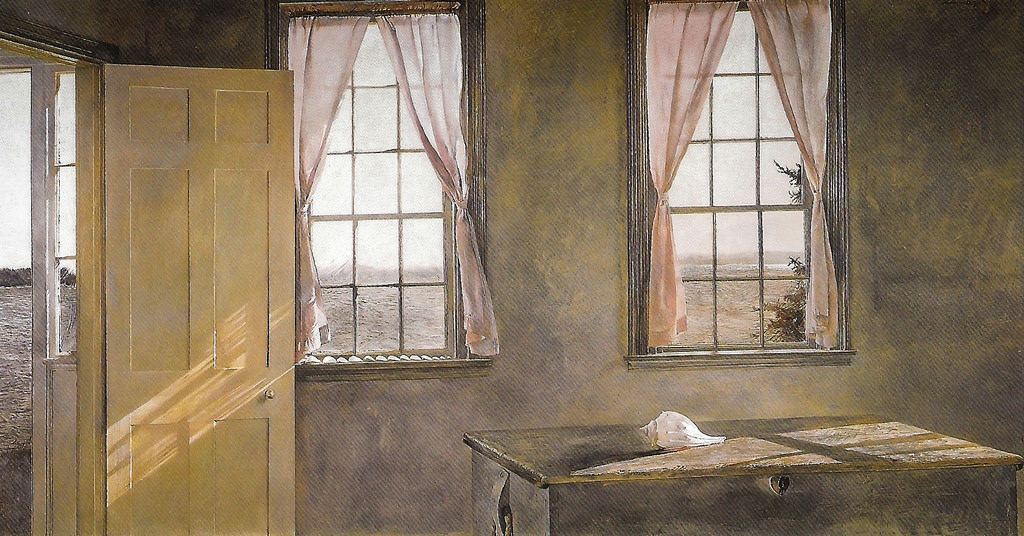
We’ve all been there. We’re deep in the throes of a project, happily plugging along when, seemingly out of nowhere, everything grinds to a halt. It’s brutal. Not least because it’s just as likely to happen for no apparent reason whatsoever.
In my closet, there’s a collection of intricately woven, hand-beaded bracelets, each of which takes me several months to create. There are also neglected yarn piles throughout my house, as well as painting supplies, inventive cookie cutters, elaborate baking books, a fully tripped-out tool box I won’t let anyone else touch, half-potted plants, and, more often than not, random collections of other people’s children. To look at my interiors, you might be tempted to think a half-cocked mother hen with serious time management issues lived here. But the reality of what this represents couldn’t be further from the truth.
Other than my own children and family, there’s nothing I’m more devoted to than my writing. And a few decades of such devotion have taught me that there will always be times when the writing appears to dry up. It doesn’t actually dry up – what’s usually happening is some unhelpful collision of overly high expectations and work that just wants to unfold on its own, or a misinterpretation of some pivotal moment that my subconscious is red flagging, or an essential need to put something on the creative back burner without that narrow-minded, self-important rabbit brain of mine breathing down my neck with her insatiable hunger for achievement and word count halitosis.
When I was newer to this process and encountered these road blocks, I’d immediately get my knickers in a twist and call them writer’s block and moan and groan and make myself and everyone around me miserable and want to go lie in the street. A few decades down the road, however, I’ve learned that when my writing doesn’t go according to plan, it’s rarely a sign that it’s on the verge of failure. Quite the opposite, in fact. When my writing surprises me – even if the surprise is an unpleasant one – it’s almost always a sign that the parts of my mind responsible for creativity, invention, insight, artistry, and dismantling the impossible have grown strong enough to arrest that rabbit brain in her tracks. A full, intuitive stop, in other words, while rarely pleasant to experience, is frequently just what the muse ordered.
Knowing this makes it much easier to weather, but I’d be lying if I said I didn’t still scowl and grumble when I’m sure that my absolute best intentions have been unceremoniously thwarted. Still, I find that it’s a thousand times easier to manage if I step away from the work AND keep the creative juices flowing. Because I now know that it’s not that my work has stalled because I’m dried up and done for – it’s that I’m at a pivotal turning point, and I need to simultaneously relinquish the reins and watch how the horse runs on its own. Not to give up and turn my back on it because it won’t behave, but to step back and broaden my vision of how it might move forward.
Practically speaking, this means redirecting your energies toward anything that allows you to relieve some of the pressure on your work without interrupting the impulse to flood and nourish the creative mind. For me, this usually looks like any variety of creative engagement, as described above. It can also look like a general reengagement in something meaningful – turning your attention to someone or something else outside of you that might benefit from that visceral warmth and play you’ve been squirreling away so jealously for your work. I’m fairly certain that if it invites the qualities of expansiveness, optimism, and humor, you’ve nailed it, whether it’s finger painting with your neighbor’s toddler or finding a non-judgmental way to rediscover your love of color and texture.
The key, I think, is to allow for the redirection instead of fighting it, keeping your mind and heart open even if your ego is feeling a bit bruised. After all, the only time a bruised ego really hurts anyone is when we act on the sulkiness and naval gazing it inspires. And creativity always flourishes when its given the largest playground possible, one with clear views to the world outside even from its highest and emptiest hills.
Art: Andrew Wyeth, Her Room
I love your psots, and I love your pictures! Mostly I love you!
Thank you for this confirmation. I need to read this frequently and be reminded.
I am just starting out. One of my goals is to write a book and who knows maybe more books. An immense challenge I know for me.
Any advice or insight is appreciated. I have the title in my mind for years. How to start? This morning I put the title on a page and listed random thoughts that relate to the idea behind the title. Is that a relevant approach? Opinions and suggestions appreciated.
I so need to hear this. love your blog . Thank you